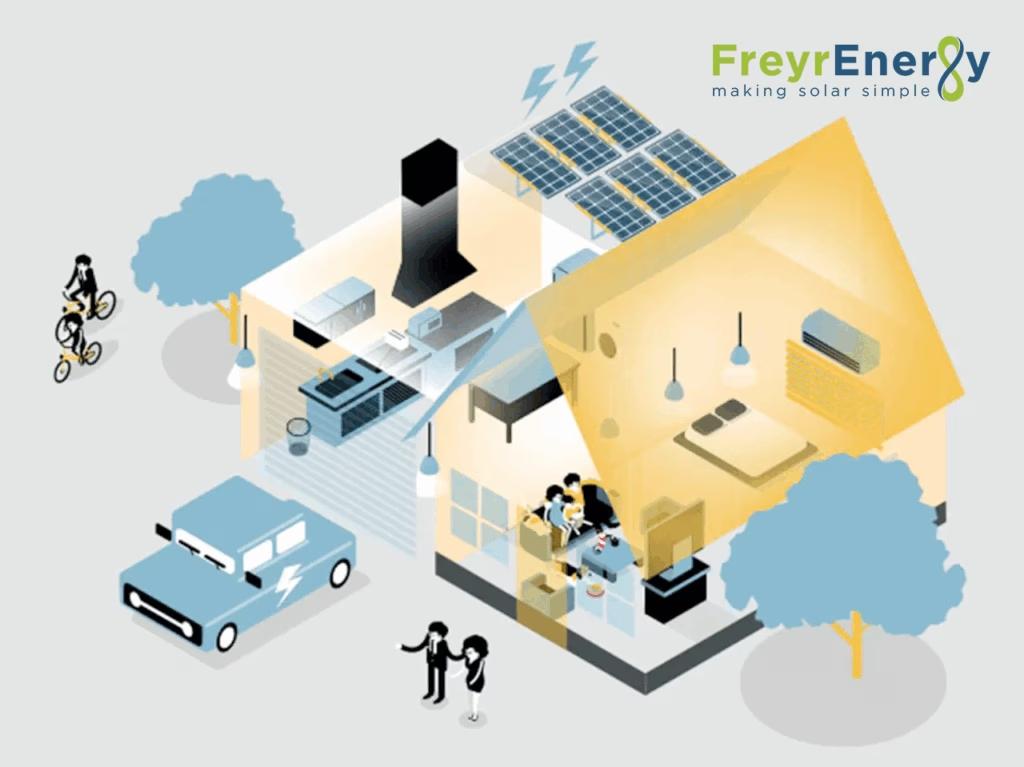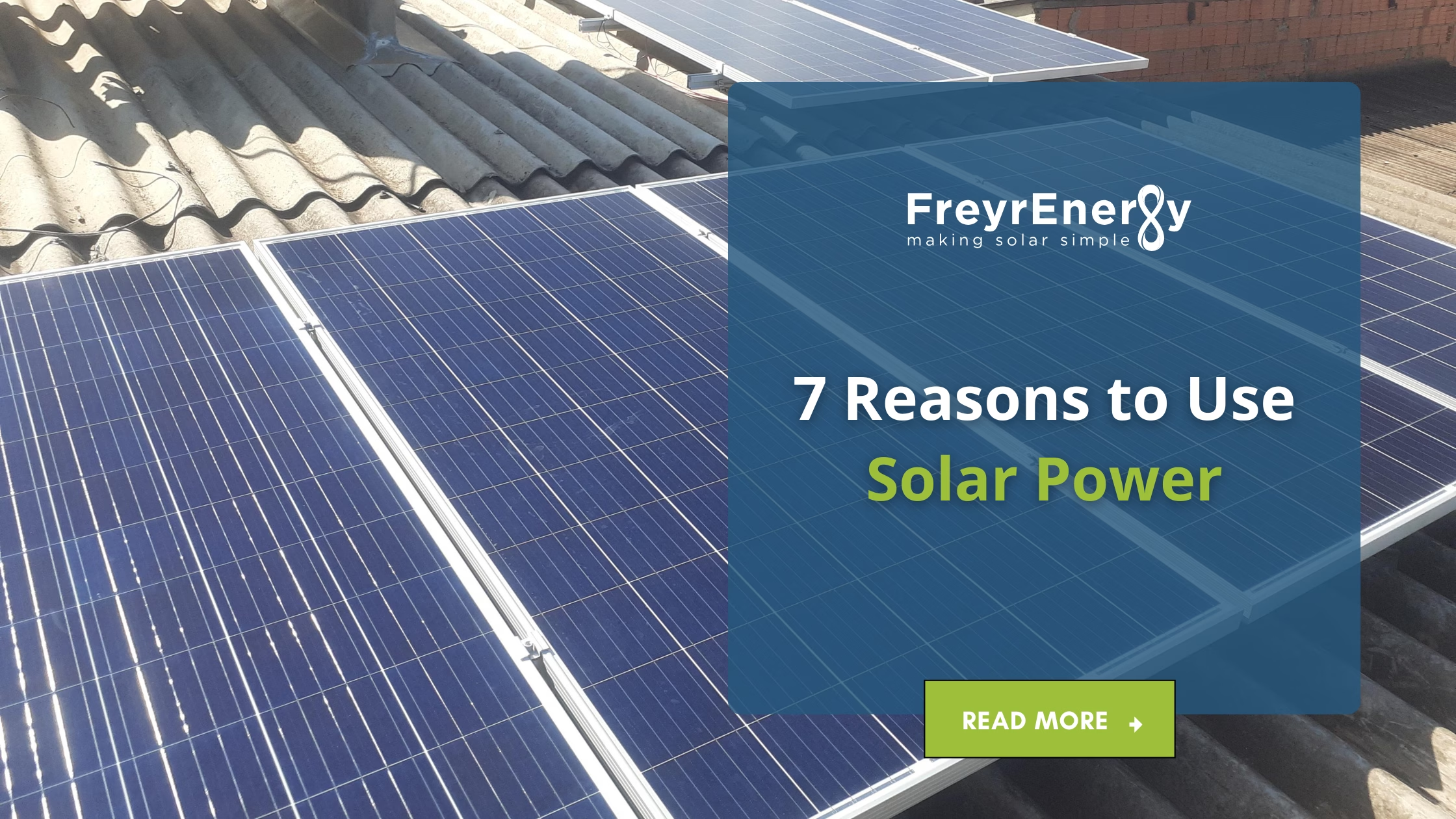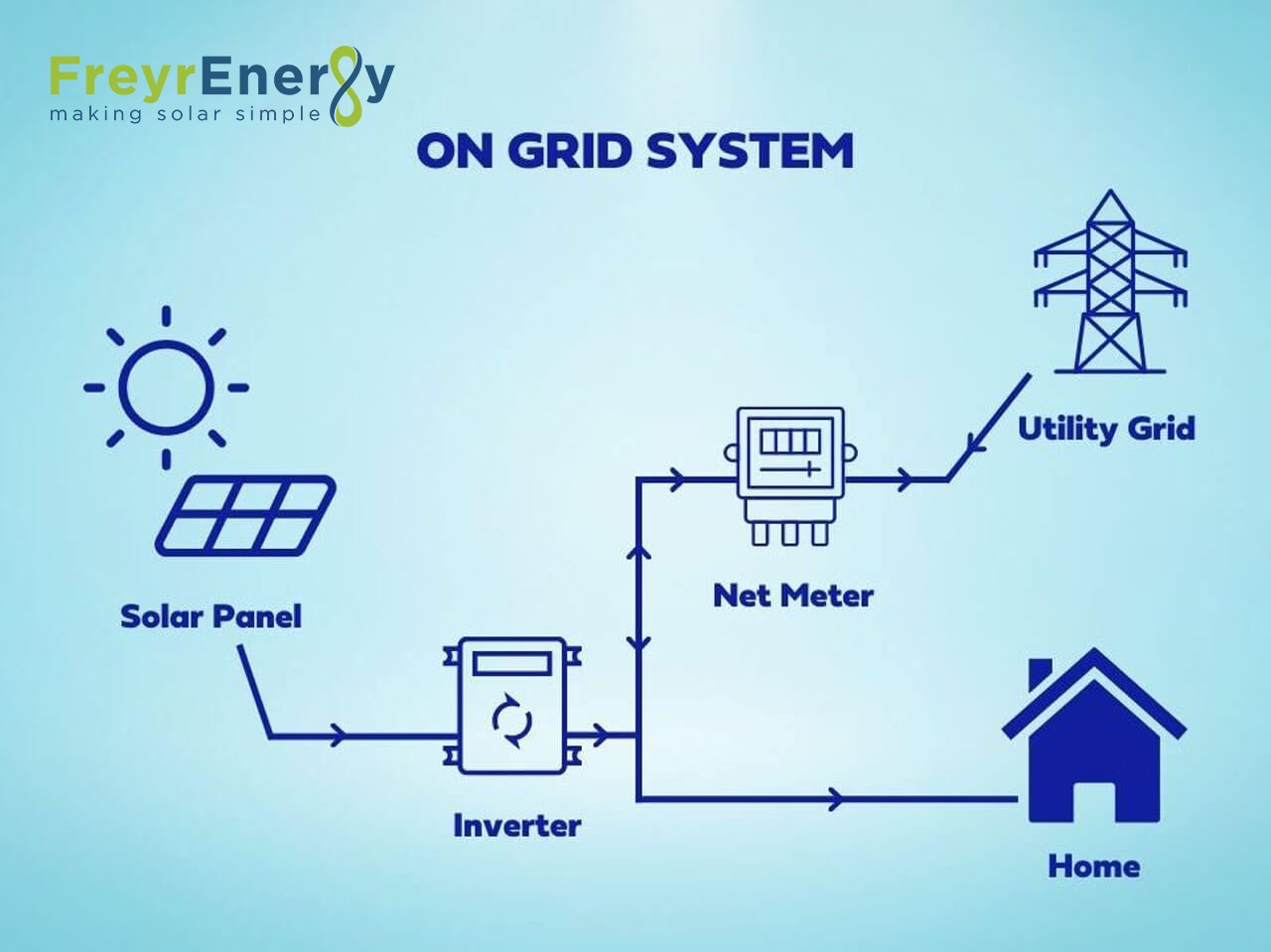Prosumer VS Consumer
Consumers buy a finished product from the market, whereas prosumers are consumers who participate actively in the manufacturing process. In terms of energy, a consumer is someone who consumes power provided by the grid, whereas a prosumer both produces and consumes energy. According to the official definition, in consumers vs prosumers, energy prosumers are ” a client or a set of jointly acting users who consume, store, or sell generated electricity on their premises.” As more people generate their own electricity from dispersed energy resources, the number of prosumers in the energy arena increases. Solar panels on the roof are the most common way to achieve this.

Balanced Production and Consumption
On-grid prosumers who produce excess energy feed it back to the grid. When their energy use exceeds their ability to create it, they must rely on the grid to meet their demands. Energy storage facilities let off-grid prosumers achieve a balance between output and consumption. Switching to solar energy can help you save money, making the prosumer lifestyle a viable option.
Solar Energy Prosumers
While centralized clean energy sources such as big solar facilities address specific concerns, the energy is still produced hundreds of miles away from where it is used.
The majority of concerns are solved by decentralized solar power plants, such as those on rooftops or solar rooftops. When a solar panel is mounted on a roof, it begins to capture the sun’s energy and convert it to electricity. The system can be off-grid or on-grid, which means they are either connected to the main power grid or a battery for storage. The trend of rooftop solar energy consumption is gaining traction. India has installed roughly 37GW of solar capacity as of December 2020, with a goal of installing 100 GW by 2022.
Prosumers don’t need to produce 100% of the electricity they consume
The solar panels on a homeowner’s roof may not be able to provide all of the electricity that a residence requires daily. Seasonal variations in energy production are also a factor. For example, homes use more energy for cooling in the summer, than in the other months. Solar energy produced does not always have to match the demand; solar energy can satisfy a portion or all of a consumer’s load, especially for smaller rooftop systems. As a result, solar prosumers, like other power consumers, remain connected to the grid and rely on utilities to regulate supply and demand. When prosumers generate more power than they can use, the excess is transferred back to the grid, where the utility will handle it. However, because the grid was designed only to carry one-way power, not all of the excess energy gets caught and returned to the grid.
Frequently Asked Questions
A prosumer is both a producer and consumer of solar energy. They actively participate in creating and consuming their energy with prosumer solar systems. Consumers on the other hand consume energy without contributing to their production. Prosumers influence the market by producing electricity in a solar prosumer setup, and consumers passively purchase what is offered.
A prosumer is a blend of producer and consumer. Prosumer solar is an individual or entity generating their solar energy or panels for consumer energy. They sell extra energy back to the grid, thereby playing a prominent role in both energy production and consumption.
The prosumer role is not limited to energy consumption. They actively produce and consume electricity through solar panels. Solar prosumers contribute to the energy grid by selling extra power. Their dual role brings the market into shape by reducing the reliance on traditional energy sources.
The role of consumers is to consume solar energy straight. They purchase electricity from the grid without producing it. Consumers are passive market participants relying completely on what is available to meet their needs.
Prosumers reduce energy costs by generating their own electricity. They contribute to environmental sustainability and earn by selling excess energy back to the grid. Prosumer solar systems also provide energy independence against price fluctuations in the energy market. They have greater control over energy generation and consumption.



